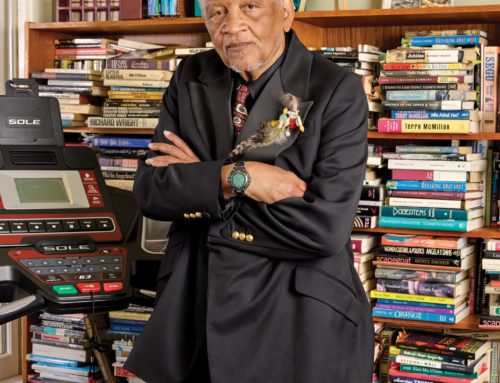When Dante arrives at the focal point of hell, the place reserved for traitors, he finds them enclosed in ice, unable to speak. Inferno is part lament of a man in exile, part special kind of reprimand for those humans with pretension to creation, an assumed and fairly accurate accusation of transplanting the authority of God. Authors are the worst kinds of traitors, refusing their influences, chasing spurious inspiration in foreign lands and regularly succumbing to mind numbing flattery, and yet perhaps a cooler place in hell is reserved for the author who cannot and will not speak. The lack of courage in the writers stasis, in their attachment to a privileged path and in their daily silent commitments, reveal a clinging to a smooth life that is the enemy of creation and the refusal to be afraid.
Álvaro Enrigue’s author, as he sits with his ‘sad little stories’ has chosen, by finally refusing to placate his much-loved son, to begin the decent into hell, born not just of his exile, not just of the departure of his wife and family, but through his mighty pen, its random scribblings bringing him face to face with what he cannot admit he sees. Throughout Hypothermia’s multiple protagonists, the author will casually lose his family, but register it as another of the natural disasters he has to deal with, he will struggle with the irreconcilable problem of feeling more American in his home town and more Mexican in his American town, he will languish in the ugliness of his American surroundings while using his judgement to maintain a faux separation and finally, just before he can see his own death as an author, he will recognise the dark side of a country blanketed in white.


